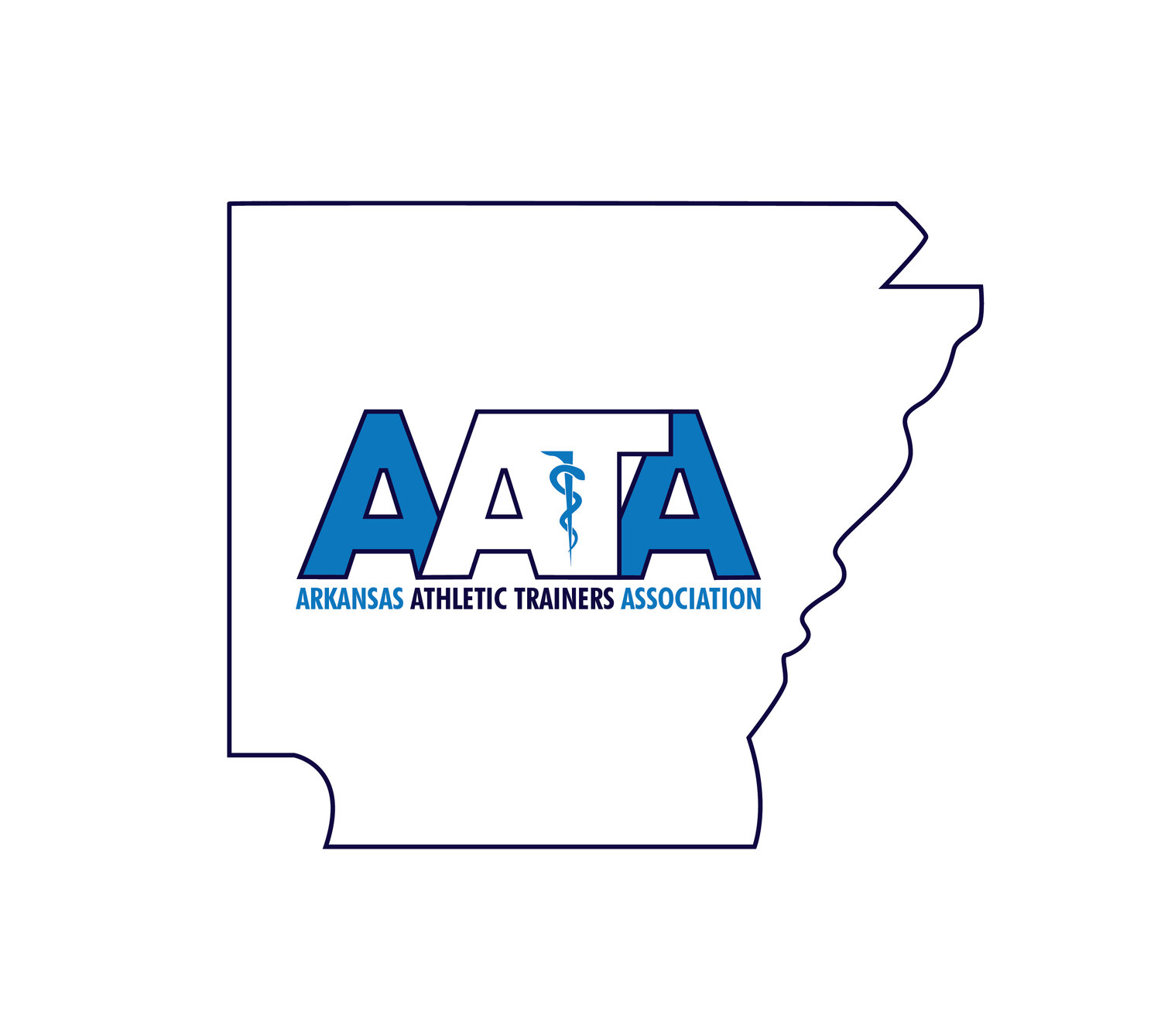Diversity & Inclusion Committee
Current Chairperson: VACANT
Mission Statement:
The AATA Diversity and Inclusion Committee is aiming to identify and address issues relevant to the ethnic, racial, gender and sexually diverse populations to better serve the needs of both patients and fellow athletic trainers. We will identify, explore, address and provide educational resources regarding emerging topics and concerns relevant to diverse populations within our profession and the population we serve. Through education and collaboration we are working to promote athletic trainers as leaders in issues related to cultural humility and professional diversity within the health care professions.
Objectives:
Select the committee from varying geographical regions from around the state.
Each member shall maintain a regional members list to include professional setting, contact information, interests, and diversity information.
Each member shall be responsible for welcoming newly licensed members from their region to the state and association by conducting periodic review of NATA/SWATA/AATA directories, review of Arkansas State Board of Athletic Training directory or by word of mouth.
Each member shall conduct informative surveys to gauge member involvement and educate members of association activities created by the Executive Board via internet, email, or mailer.
Each member shall cultivate from each region a report of individuals expressing involvement in the association to include members of race and gender as well as student professionals and graduate professionals bi-annually to be presented by the Chair at the mid-winter and annual board meetings.
Members shall compile an annual list of diversity topics and activities to potentially add to association activities.
Members shall work in conjunction with other committees in fulfilling the mission, goals and tasks of the association.
Members of the Diversity and Inclusion Committee should ideally possess the following traits:
Open-mindedness: They have an open-minded attitude towards diversity and inclusion and are willing to challenge their own biases and prejudices.
Empathy: They are empathetic towards individuals from diverse backgrounds and are able to put themselves in their shoes to understand their unique experiences.
Cultural competence: They possess cultural competence, which means they have the knowledge, skills, and attitudes necessary to effectively work with individuals from diverse backgrounds.
Collaboration: They are able to work collaboratively with others, including those with different viewpoints, to achieve common goals related to diversity and inclusion.
Courage: They have the courage to speak up and take action against discrimination, inequality, and exclusion, even when it is difficult or unpopular.
Creativity: They are creative in their approach to diversity and inclusion, thinking outside the box to develop new and innovative strategies to promote inclusion and equity.
Inclusive leadership: They have strong inclusive leadership skills, empowering others to contribute to diversity and inclusion efforts and promoting a culture of respect, equality, and inclusion.
Communication: They have excellent communication skills, both verbal and written, and are able to articulate complex diversity and inclusion concepts to a wide range of audiences.
Analytical thinking: They are skilled in analyzing data and identifying patterns and trends related to diversity and inclusion, using this information to inform decision-making and program development.
Commitment: They are committed to diversity and inclusion, and are willing to put in the time, effort, and resources necessary to create meaningful and lasting change.
